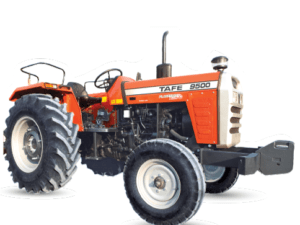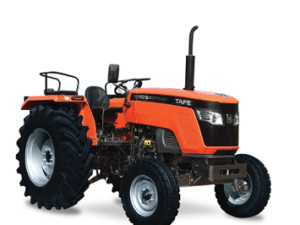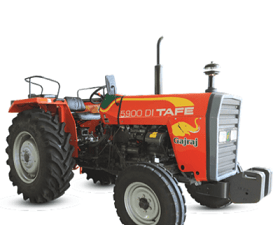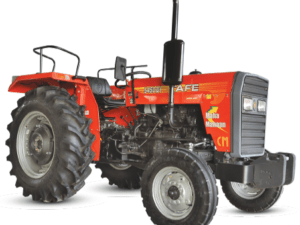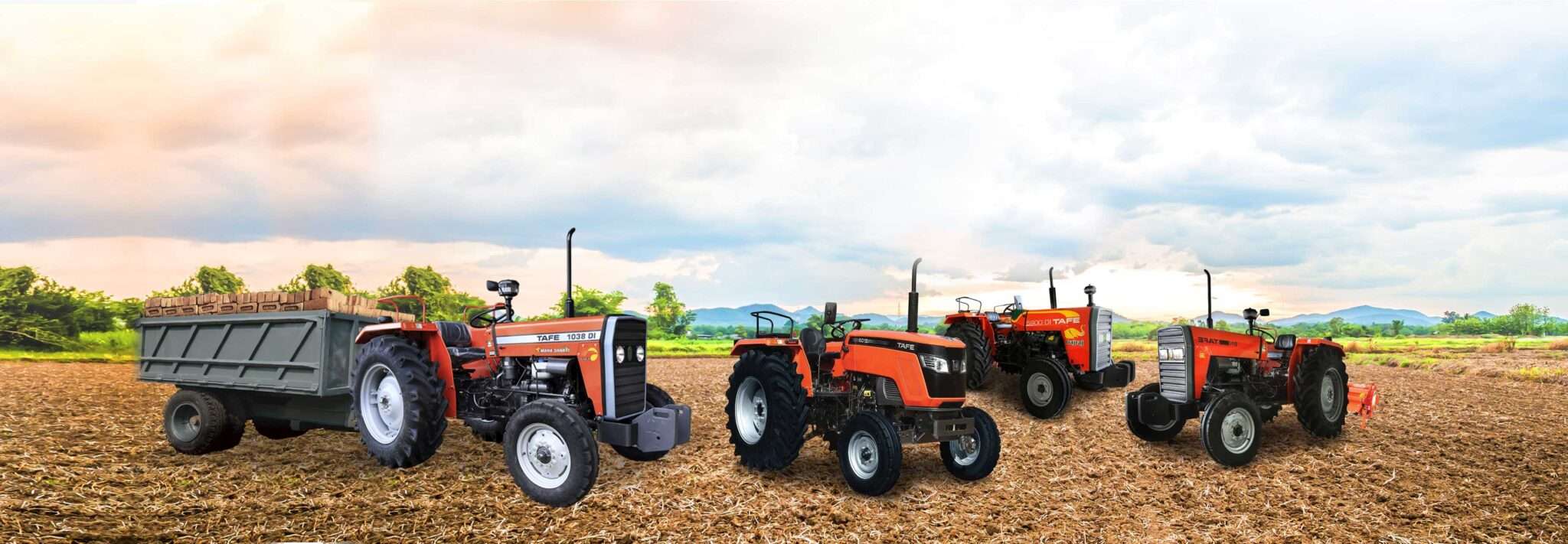
Metal debuted in the business world under the brand name Metal : in 1987. The Metal was founded in Dhaka with the aim of manufacturing bus and truck bodies. The company took out an exclusive dealership from Simpson & Company Ltd, Chennai, India. It used to import chassis of bus and truck and assemble the bodies here. As it did not prosper up to the level of early expectation and enthusiasm of the management, it was soon aborted.
1993
Metal then turned their attention to the mechanization of agriculture which was then an ambitious dream. Bangladesh had just started to see, after its independence in 1971 small power tillers made in China to plow the lands in some different places. From mid-seventies of the last decade Power tillers and diesel engines grew in use in cultivation and irrigation gradually. But Bangladesh had not seen use of any four wheel tractor in cultivation except limited use of four wheel tractors in the BARD project and a few tractors in the Tea Estates and Sugar Mills. BARD let the farmers use their tractors on rental basis, but the farmers never owned them. Sugar Mills and Tea Estates used theirs for haulage and never used them for cultivation of land for agricultural purposes. The use of four wheel tractors for cultivation was a distant dream in a country where poorly clad farmers found themselves driving a bullock drawn wooden plough for generations. The two co-founders of The Metal, Eng. Aminul Islam and Eng. Sadid Jamil, came forward in this vital sector and set up a company, The Metal (Pvt) Ltd, in 1993 to take Bangladesh forward in the mechanization process.
The establishment of the new company, The Metal (Pvt) Ltd, was a ground breaking decision. Metal now abandoned its chassis import and body manufacturing business and turned its gaze to a largely unchartered area where the consumer at the grass-roots level, had neither the means nor the motivation to use mechanized tools for agriculture. The banks and financial institutions were not yet ready to extend loans to farmers without guarantors. So the Company had to struggle to prove that it was not a wild dream, but an attainable goal within the grasp of the consumer, the intermediary financial bodies and the supplier. The company was determined to prove that Bangladesh can undergo this transformation tilling land with imported machines like four-wheel Tractors, planting seeds through seeders, reaping, cleaning, binding through combine harvesters, reapers, etc.
The Metal (Pvt) Ltd struck a deal with Tractor and Farm Equipment Company (TAFE), a Chennai based Tractor manufacturer in India, in 1993 and became exclusive distributor of its four-wheel tractors, TAFE, in Bangladesh that has remained in place ever since. The importer-supplier model of tractors is core to the The Metal’s activities today.
Though the Company sold only 5 TAFE tractors in the first year, it was not deterred by this poor response as it was not unexpected. The Company understood the financial constraints of the farmers and tried to address this problem. The Metal (Pvt) Ltd introduced leasing arrangements with farmer customers directly and worked with the emergence of Local Service Providers. This enabled farmers with limited income to access the equipment and generate the income needed to pay for the use of tractors. Under the new arrangement farmers could now own the TAFE tractors with a down payment and comfortable EMIs spread over 3 to 4 years. The farmers could till their lands with the tractors and also earn some extra money during the off season hauling goods from one place to another.
The Metal, however, was able to expand sales of tractors as well as other agricultural machinery. As of 2020, The Metal has now sold over a total of 50,000 tractors and 10,000 other agricultural machines.
The Metal (Pvt) Ltd was the first to use rotary blades in their TAFE tractors in place of cultivators. This helped in the preparation of agricultural land by turning it over and cutting furrows for finally sowing seeds or planting saplings. This was a pioneering feat and the use of rotary blades proved more effective than the cultivators. By now the Company was on its own feet negotiating freely between the Manufacturer and the consumers. In 1993 it made a deal with Italy’s famous rotavator company, Maschio Rotavator (rotary tillers) for distribution of their products in Bangladesh.

